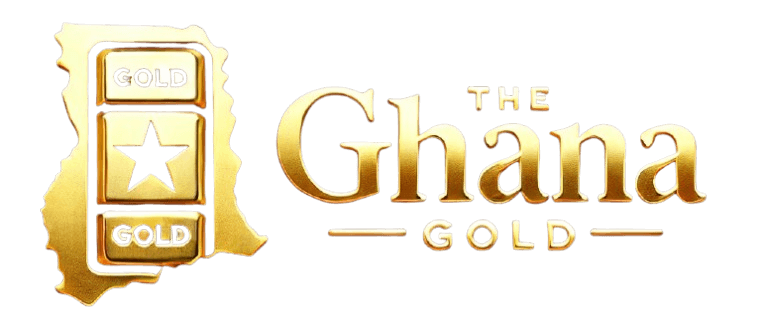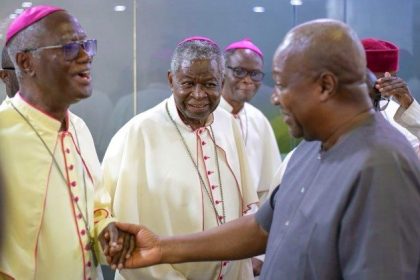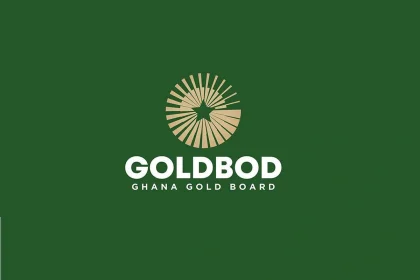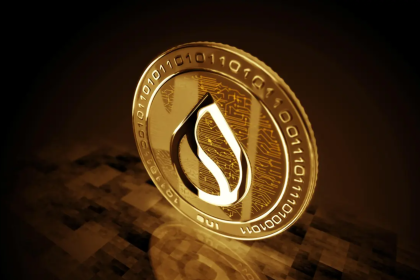Beginning May 1, 2025, all foreigners and individuals have been banned from trading in the local gold market in Ghana, the Ghana Gold Board has announced.
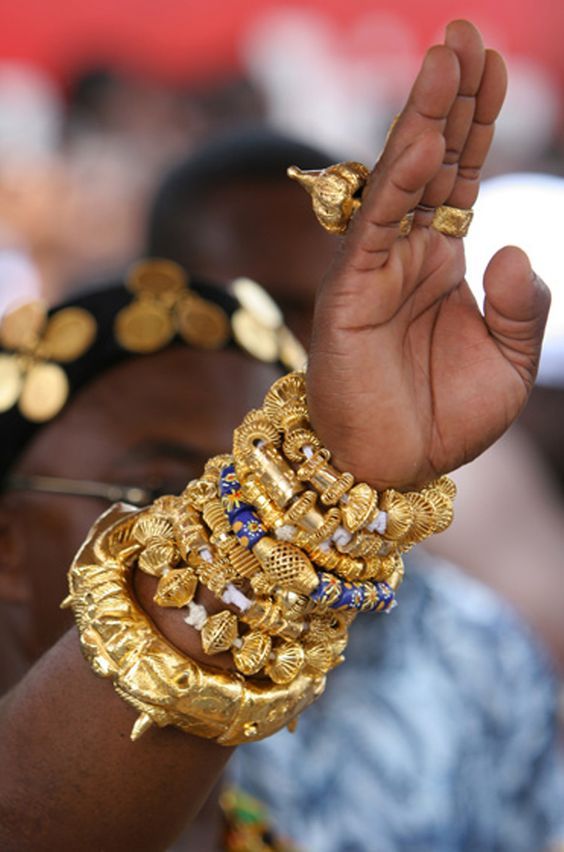
This means that all other traders in the local gold market cannot deal and be in the gold trading business as the Ghana Goldbod now has the exclusive authority to regulate and control artisanal and small-scale gold mining.
Any foreigner or individual who wants to continue to be in the trade will have to “apply to the Ghana GoldBod to buy or off-take gold directly from the GoldBod.”
Under the Ghana Gold Board Act (ACT 1140), 2025, passed by Parliament on March 29, 2025 and assented to by the President on April 2, 2025, the Ghana Gold Board (GoldBod) is currently, the sole buyer, seller, assayer and exporter of all gold produced by the licensed Artisanal and Small-Scale Mining (ASM) sector in Ghana, it has been announced.
Pursuant to the Ghana Gold Board Act, 2025… all licenses issued by the PMMC and the Minister responsible for Mines to a person other than a large scale mining company to deal in gold, have ceased to be valid
Ghana Goldbod, 2025
As part of measures to ensure a smooth transition, the Ghana Gold Board has resolved to allow for gold purchases and exports by persons holding appropriate licenses issued to them by the Precious Minerals Marketing Company (PMMC) and/or the Minister Responsible for Mines until April 30, 2025.
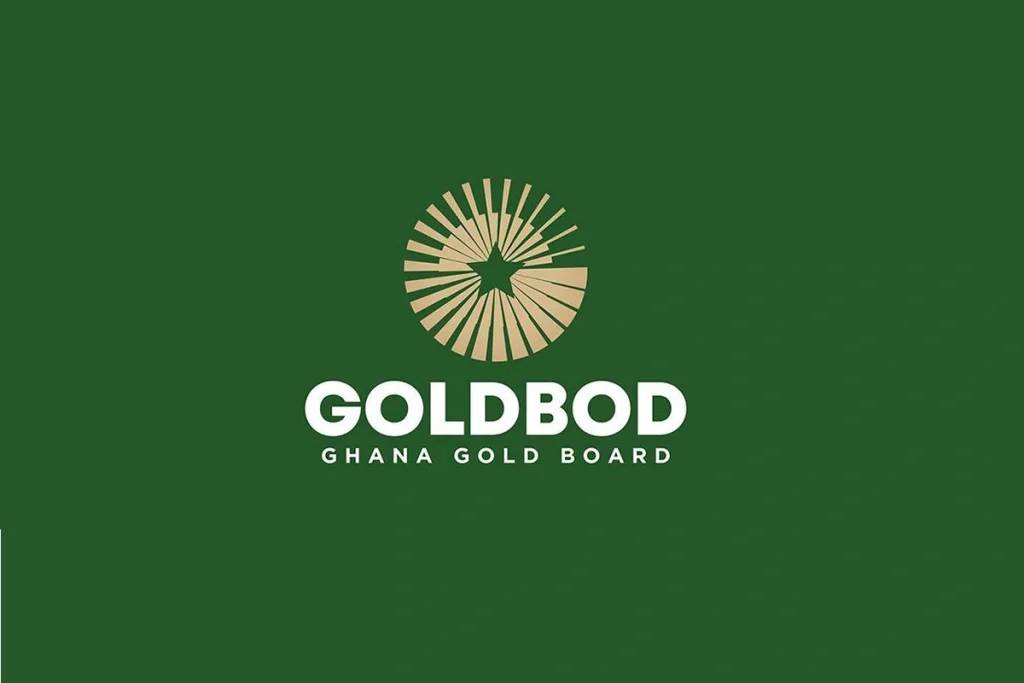
The introduction of the Ghana Goldbod is part of reforms aimed at boosting foreign exchange reserves and stabilising the local currency – the Ghana cedi.
Ghana has banned all foreigners from trading in its local gold market as part of efforts to boost national revenue and streamline the country’s mining sector. Ghana has banned all foreigners from trading in its local gold market as part of efforts to boost national revenue and streamline the country’s mining sector.
All foreigners are hereby notified to exit the local gold trading market not later than 30th April, 2025
Prince Kwame Minkah (GoldBod Spokesperson)
Ghana is Africa’s largest gold producer and the sixth largest in the world, but it is struggling to address widespread illegal gold mining, locally called “galamsey”. The mineral-rich West African country has been facing harsh economic times with a high cost of living. It is the world’s second largest cocoa producer but sees little of the profits from chocolate.
Fuelled by rising gold prices and youth unemployment, illegal gold mining has been growing in Ghana, despite military operations to shut down galamsey activities. It was a big campaign issue in the lead up to last December’s elections.
It sends a strong message to foreign actors… who have circumvented local laws for years
Nana Asante Krobea (Mining Governance Consultant)
Chinese nationals have been active in Ghana’s informal mining and along with Ghanaian nationals, they have been repeatedly accused of ignoring environmental concerns.
Under the new law passed by parliament last month and assented to by President John Mahama on 2 April, GoldBod is the sole buyer, seller and exporter of all gold produced by the artisanal and small-scale mining (ASM) sector. However, foreigners are allowed to apply to buy or off-take gold directly from the GoldBod but can no longer operate within the local gold value chain.
The licenses of local dealers have also been revoked but given a grace period to allow a smooth transition before the directive takes effect next month. During this period, gold transactions would only be carried out in Ghana cedis, the local currency, and priced based on the Bank of Ghana rates.
GoldBod warned that “it shall constitute a punishable offence for a person to purchase or deal in gold in the country without a licence issued by the new board.
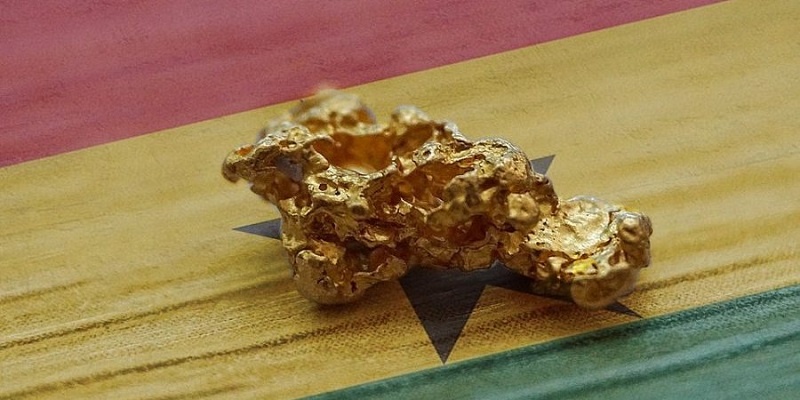
The government has allocated $279m (£212) to the new body to purchase and export at least three tonnes of gold per week. The move is meant to help boost foreign exchange inflows and stabilise the local currency, said Finance Minister Cassel Ato Forson.
But Kwaku Effah Asuahene, the chairman of the Chamber of Bullion Traders Ghana, fears that the government may not be able to raise enough revenue to purchase all the gold. He told BBC that while they support the initiative, they would have preferred to be allowed to partner with foreign investors to purchase the gold and export it through GoldBod.
Although GoldBod has not been created to specifically deal with illegal mining, the new directive could also make it difficult for illegal miners to sell gold in the country. Ghana has been dealing with severe environmental pollution caused by the activities of illegal miners, and over 60% of the country’s water bodies have been affected.
The ban is seen as the first concrete step by the new administration of President Mahama to tighten regulation and control of the gold sector and deliver on its anti-galamsey campaign promises.


